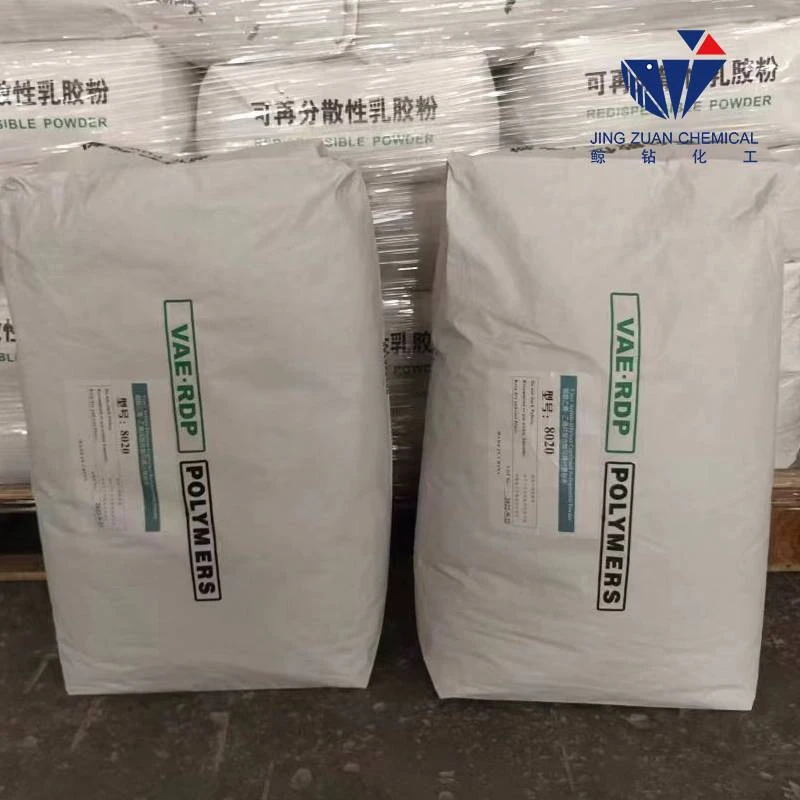
نويابىر . 20, 2024 07:09 Back to list
hydroxyethylcellulose for sale
Exploring Hydroxyethyl Cellulose A Versatile Polymer for Sale
Hydroxyethyl cellulose (HEC) is a non-ionic, water-soluble polymer derived from natural cellulose. It has garnered significant attention in various industries due to its unique properties and multifunctional applications. Over the past few decades, the demand for HEC has surged, leading to an increase in the availability of hydroxyethyl cellulose for sale. This article delves into the characteristics, applications, and factors influencing the purchase of HEC.
Characteristics of Hydroxyethyl Cellulose
Hydroxyethyl cellulose is synthesized by the etherification of cellulose with ethylene oxide. The resulting product is a white, odorless powder that is hygroscopic and exhibits excellent solubility in cold and hot water. One of the most attractive features of HEC is its thickening ability. Even at low concentrations, it can form a stable gel, making it a valuable additive in many formulations.
Furthermore, HEC is known for its excellent film-forming, emulsifying, and stabilizing properties. Its non-ionic nature makes it compatible with a variety of other chemical formulations, which is a significant advantage in many applications. Additionally, HEC is chemically stable and has a high tolerance to temperatures and pH variations, making it suitable for diverse environments.
Applications of Hydroxyethyl Cellulose
1. Cosmetics and Personal Care Products
One of the primary markets for hydroxyethyl cellulose is the cosmetics and personal care industry. HEC is widely used in products such as shampoos, conditioners, lotions, and creams due to its thickening and moisturizing properties. It enhances the texture and performance of formulations, ensuring a smooth application and improving the overall sensory experience for consumers. Its ability to enhance stability also makes it an ideal ingredient in gel-based products.
2. Pharmaceuticals
In the pharmaceutical sector, HEC is utilized as a binder, thickener, and stabilizer in various formulations, including creams, gels, and oral solid dosage forms. Its biocompatibility and low toxicity make it a preferred choice for medications and topical applications. Furthermore, hydroxyethyl cellulose can control the release of active ingredients, thereby improving the efficacy of pharmaceutical products.
3. Construction Industry
HEC is increasingly being used in the construction industry, particularly in tile adhesives, mortar, and cement mixtures. Its water-retention properties help maintain the moisture level in the mix, ensuring proper curing and enhancing adhesion. This results in stronger and more durable construction materials.
4. Food Industry
hydroxyethylcellulose for sale

Although usage in food applications is limited, HEC can act as a thickening and stabilizing agent in certain food products. The food industry values polymers like HEC for their ability to improve texture and consistency without introducing unwanted flavors or colors.
Factors Influencing Purchase Decisions
When considering the purchase of hydroxyethyl cellulose, buyers should evaluate several factors to ensure they are selecting the right product for their needs
The purity of HEC is paramount, especially for applications in pharmaceuticals or cosmetics. Ensuring the product is free from contaminants will not only enhance performance but also uphold regulatory compliance.
2. Viscosity and Molecular Weight
HEC comes in varying molecular weights, affecting its viscosity and thickening properties. Buyers must select the appropriate type based on the intended application.
3. Supplier Reputation
Purchasing from reputable suppliers ensures product consistency and reliability. Inquire about supplier credentials, manufacturing processes, and quality control measures.
4. Regulatory Compliance
For applications in cosmetics, food, or pharmaceuticals, ensure the HEC meets all relevant safety and regulatory standards. This step is crucial for marketability and consumer safety.
Conclusion
Hydroxyethyl cellulose is a versatile polymer with a wide range of applications across various industries. Its unique properties make it an essential ingredient in products from cosmetics to pharmaceuticals and construction materials. As its popularity continues to grow, the hydroxyethyl cellulose market will expand, providing more options for manufacturers and consumers alike. By considering factors such as purity, viscosity, and supplier reputation, buyers can make informed decisions when looking for hydroxyethyl cellulose for sale, ensuring they benefit from this exceptional polymer's full potential.
-
Versatile Hpmc Uses in Different Industries
NewsJun.19,2025
-
Redispersible Powder's Role in Enhancing Durability of Construction Products
NewsJun.19,2025
-
Hydroxyethyl Cellulose Applications Driving Green Industrial Processes
NewsJun.19,2025
-
Exploring Different Redispersible Polymer Powder
NewsJun.19,2025
-
Choosing the Right Mortar Bonding Agent
NewsJun.19,2025
-
Applications and Significance of China Hpmc in Modern Industries
NewsJun.19,2025







